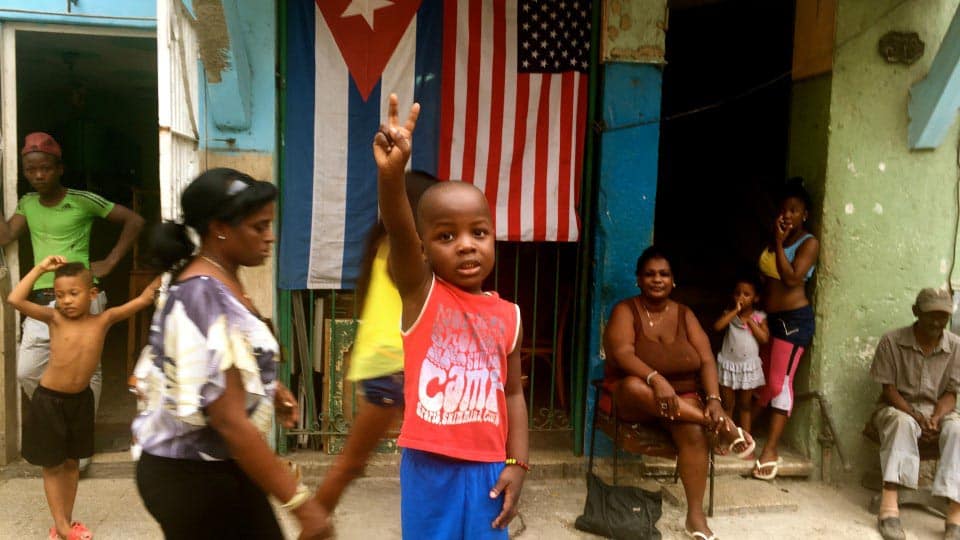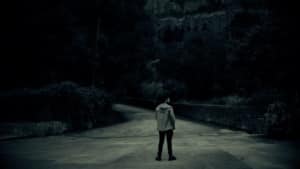
- The section includes four Spanish feature films: Ángeles con espada, by Javier Rioyo; Bajo el silencio, by Iñaki Arteta; Palabras para un fin del mundo, by Manuel Menchón, and Zurbarán y sus doce hijos, by Arantxa Aguirre
30/09/2020.- On this 65th Valladolid International Film Week, the Time of History section, dedicated to the documentary genre, offers a selection of international titles that focus on current issues, such as feminism seen through the eyes of women several generations apart; the lives of exiles in Kutupalong, the largest refugee camp in the world; or the situation in Colombia after the peace agreement between the government and the FARC. Autism, films as a propaganda weapon, and free journalism will also appear in a section that will offer eleven feature films and nine documentary short films.

Four of the selected feature films are Spanish: Ángeles con espada, by Javier Rioyo, the true and little known story of the Valley of the Fallen and dictator Francisco Franco’s obsession with its construction and fate; Bajo el silencio, by Iñaki Arteta, where the author looks into the footprint that terrorism has left in the Basque Country through a series of harsh and controversial testimonies from people convicted of terrorism and their victims; Palabras para un fin del mundo, by Manuel Menchón, with revelations about the unprecedented manipulation that Falangism and Francoism made of the figure of Miguel de Unamuno; and Zurbarán y sus doce hijos, by Arantxa Aguirre, a recreation of the life and work of one of the titans of the Spanish baroque through a journey around the world of Zurbarán’s series ‘Jacob and his twelve sons’.
Together with Arantxa Aguirre’s work, the Time of History section includes six feature films directed or co-directed by women: Caperucita roja, by Tatiana Mazú González, creates a dialogue with her own grandmother, a Spanish exile in Argentina, about the stories and contradictions of the female gender; Colombia In My Arms, by Jenni Kivistö and Jussi Rastas, analyses the peace agreement between the government and the FARC through the story of one of its protagonists; Errance Sans Retour, by Mélanie Carrier and Olivier Higgins, shows the authors’ visit to the Kutupalong refugee camp, the largest in the world, which shelters 700,000 people of Muslim minority who were seeking asylum in Bangladesh; Silencio Radio, by Juliana Fanjul, narrates the comeback of Carmen Aristegui, a journalist fired from the radio station where she worked for years, and now supported by over 18 million listeners; and Walchensee Forever, where Janna Ji Wonders presents a family saga embarking on a journey that covers a century.
Time of History is completed with Epicentro, by Hubert Sauper, where he explores a century of interventionism and myth creation in Cuba through films as a propaganda weapon, and The Reason I Jump, by Jerry Rothwell, an immersive cinematographic exploration of neurodiversity that draws on the experiences of autistic non-speaking people from all over the world.
These documentaries are eligible for a first prize of €25,000 and a second prize of €15,000, which are given to directors in both categories. The documentary short films, which are eligible for a prize of €3,000, are 57 Días (Spain), by Mario Lumbreras and Laura Brasero; Bustarenga (Portugal / France), by Ana Maria Gomes; Cloud Forest (Netherlands), by Eliane Esther Bots; The Fantastic (Finland), by Maija Blåfield; Gardeliana (Argentina), by Patricio Toscano; Huntsville Station (United States), by Jaime Meltzer and Chris Filippone; Mary, Mary, So Contrary (Singapore), by Nelson Yeo; Der Schornsteinsegler (Germany), by Frédéric Schuld, and Spread The Wings (Ireland), by Alice McDowell.


























![Logo Foro Cultural de Austria Madrid[1]](https://www.seminci.com/wp-content/uploads/2024/09/Logo-Foro-Cultural-de-Austria-Madrid1-300x76.jpg)








